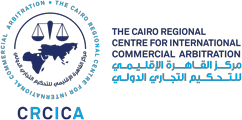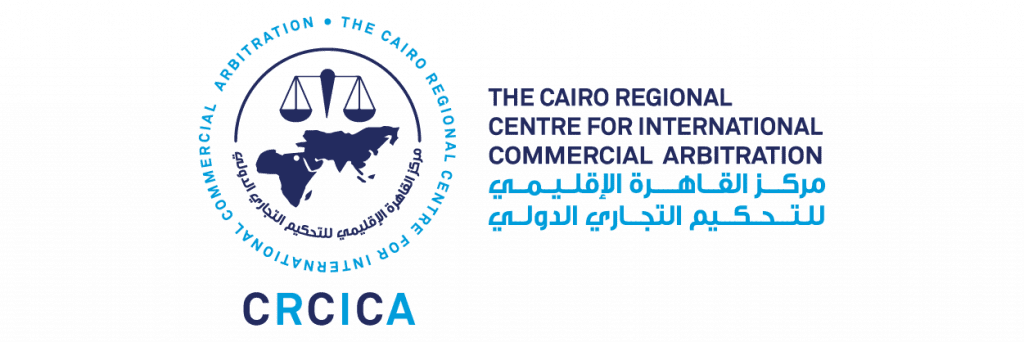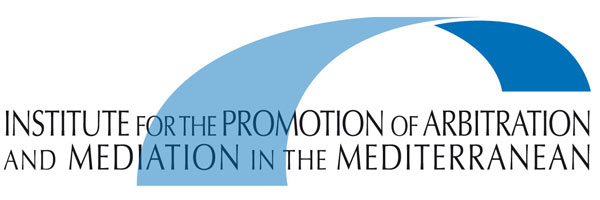The Institute for the Promotion of Arbitration and Mediation in the Mediterranean (ISPRAMED) has recently released its first Report resulting from the comparative work of practices and rules on arbitration among the members of the Network of the Mediterranean Arbitration Centres, namely:
- Arbitration Court of Morocco (Morocco)
- Cairo Regional Centre for International Arbitration (Egypt)
- Centre for Arbitration, Mediation and Conciliation of Algiers (Algeria)
- Chamber of Arbitration of Milan (Italy)
- Lebanese Arbitration Centre (Lebanon)
- Legal Department of the Istanbul Chamber of Commerce (Turkey)
- Tunis Mediation and Arbitration Centre (Tunisia)
The report focuses on Independence and Impartiality of Arbitrators in the light of the practical experiences of member-centres. This involves five basic principles and a set of common practices representing the standard procedural stance of member-centres in relevant cases.
According to the report, the common institutional practices among the seven centres are based on five cases being; Arbitrator’s relationship with the Institution; Arbitrator’s relationship with the parties; Arbitrator’s relationship with parties’ counsels; Arbitrator’s relationship with another arbitrator and finally Arbitrator’s relationship with the subject matter of the dispute.
Within this context, CRCICA practice profile shows that the most frequent cause for challenging arbitrators is related to the arbitrators’ current or previous relationship with the parties or parties’ counsels. Challenges based on such causes are upheld by the Tripartite Ad hoc Committees composed from amongst the members of CRCICA Advisory Committee to rule on such challenges.
The Report provides guidance in the decision-making process of institutions dealing with cases which raise doubts as to the arbitrators’ independence and impartiality. It also offers guidance to international arbitration users, to know beforehand the positions of the centres on critical issues of arbitration. While being consistent with the international arbitration practice, the principles and practices highlighted in the report are able to accommodate the legal cultural differences in the Mediterranean area.
By and large, this important work, which is a product of intensive collaborative devotion, is meant to be a useful tool in the hands of different stakeholders working in the Mediterranean Area, as it illustrates the high quality standards followed by the institutions operating in the Area. To view the full Report, please click here.
At a later stage ISPRAMED will publish the Second Report about the Criteria for the selection of arbitrators.


